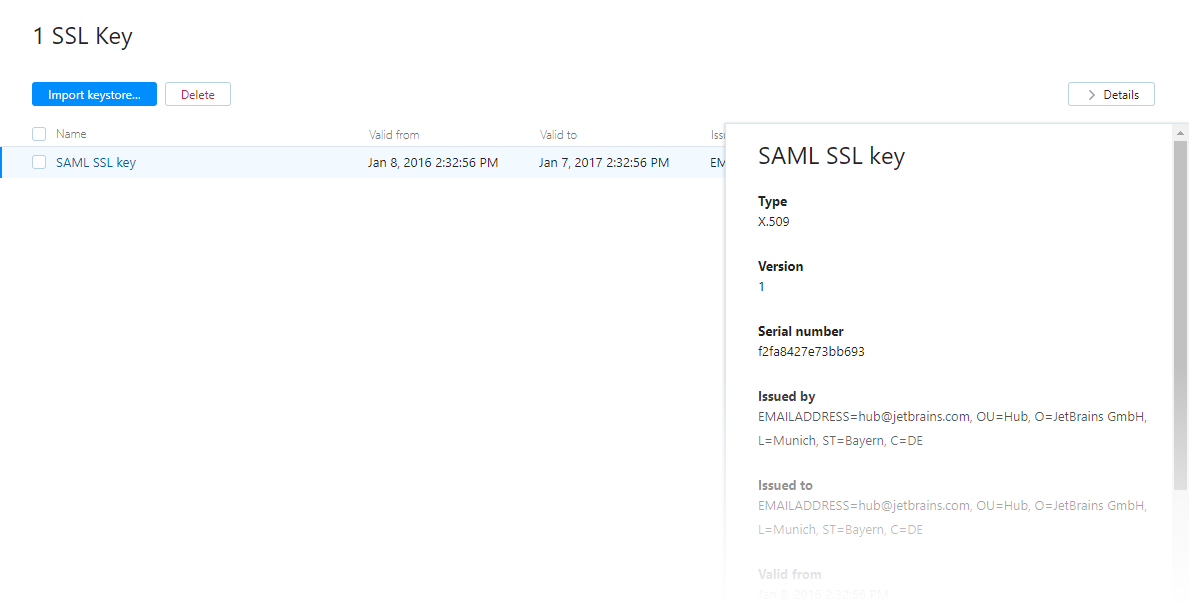To perform the following actions for Windows or Linux, you must have OpenSSL installed on your system.
Generating the Private Key -- Windows

In Windows:
1. Open the Command Prompt (Start > Programs > Accessories > Command Prompt).
2. Navigate to the following folder:
- The following command will generate the key pairs of the rsa type mentioned in the command with the -t option. $ ssh-keygen -t rsa. Like the previous command, you can provide the filename or use the default filename for storing the key pairs and set the password or the empty password for the SSH connection.
- Using openssl to generate a DSA key pair. (C) Generate RSA Public/Private Key Pair and Export to PEM. C example code showing how to generate an RSA public/private key pair and export to PEM files. Chilkat C/C Library Downloads. // Generate a 1024-bit key. Chilkat RSA supports // key sizes ranging from 512 bits to 4096 bits.
- (C) Generate RSA Public/Private Key Pair and Export to PEM. C example code showing how to generate an RSA public/private key pair and export to PEM files. Chilkat C/C Library Downloads. // Generate a 1024-bit key. Chilkat RSA supports // key sizes ranging from 512 bits to 4096 bits. Bool success = rsa. Ssh-keygen -t rsa -b 4096 -C 'your github's email' # Creates a new ssh key # Generating public/private rsa key pair. This will generate a key for you.You have to copy that and insert into your.
Overview Public key authentication is a way of logging into an SSH/SFTP account using a cryptographic key rather than a password. The only required parameter to generate an RSA key pair is the key length, which should be at least 2048 bits.
C:Program FilesListManagertclwebbincerts
3. Type the following:
openssl genrsa -out rsa.private 1024
4. Press ENTER. The private key is generated and saved in a file named 'rsa.private' located in the same folder.
NOTE The number '1024' in the above command indicates the size of the private key. You can choose one of five sizes: 512, 758, 1024, 1536 or 2048 (these numbers represent bits). The larger sizes offer greater security, but this is offset by a penalty in CPU performance. We recommend the best practice size of 1024.
Generating the Public Key -- Windows
1. At the command prompt, type the following:
openssl rsa -in rsa.private -out rsa.public -pubout -outform PEM
Generate Rsa Key Pair Command
2. Press ENTER. The public key is saved in a file named rsa.public located in the same folder.
Generating the Private Key -- Linux
1. Open the Terminal.
2. Navigate to the folder with the ListManager directory.
3. Type the following:
openssl genrsa -out rsa.private 1024
4. Press ENTER. The private key is generated and saved in a file named 'rsa.private' located in the same folder.
Generating the Public Key -- Linux
1. Open the Terminal.
2. Type the following:
RSA Key Generator - CryptoTools.net
openssl rsa -in rsa.private -out rsa.public -pubout -outform PEM
Rsa Generate Key Pair Codes
2. Press ENTER. The public key is saved in a file named rsa.public located in the same folder.